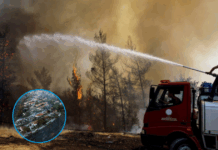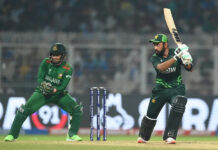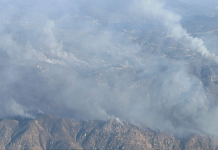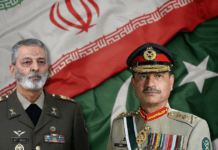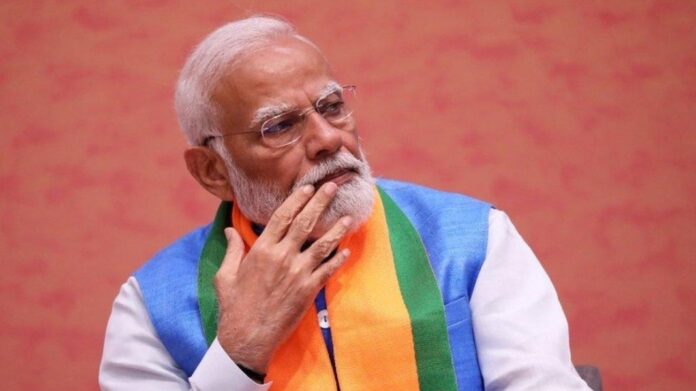India’s aspirations as a superpower are shattering as the region faces diplomatic isolation. The third term of Prime Minister Narendra Modi has been punctuated by an increase in local extremism, the rise of Hindutva extremism, sinking regional relationships, and foreign policy characterised by aggressive confrontation instead of cooperation. Consequence: growing diplomatic isolation.
This decline has become evident after the recent aggression displayed by the Indian government and its forces following the Pahalgam attack. Acting on Prime Minister Modi’s orders, the Indian forces launched an attack on Pakistan during the night, resulting in the deaths of innocent civilians, including a child. This prompted widespread outrage in Pakistan and among the international community. Major global powers have rejected India’s narrative of aggression.
This recent aggression and rejection, however, did not just start. Modi’s moves over the years, be they political or religious, have sparked debate previously.
Hindutva and the Marginalisation of Minorities
Modi’s ascent began in Gujarat, where the 2002 anti-Muslim riots left a deep scar. His silence, being the Chief Minister of the state, during and after the violence, set the tone for his leadership. Under his rule, India has embraced Hindutva—an ideology that seeks to redefine India as a Hindu nation and consider minorities as second-class citizens.

Legislation such as the Citizenship Amendment Act (CAA) and general violence in the name of “cow protection” have attracted global criticism. Muslim political representation has fallen drastically, and events such as the Delhi riots and the Babri Masjid judgment have only added to the discontent.
Regional Tensions Rise
India’s relations with neighbouring countries deteriorated. There was an undeclared blockade against Nepal and interference in Sri Lanka’s Tamil affairs, which elicited regional resentment. In the Maldives, there was a growing “India Out” movement. Even in Bangladesh, India’s long-time ally, anti-India feelings increased, particularly among the citizens and media.
The relationship with Pakistan bottomed out following the Uri and Pulwama attacks, and things have escalated after the recent Pahalgam attack and what followed.

China and the Global Stage
India’s relations with China continue to be strained. The fatal 2020 Galwan skirmish led to economic retribution by New Delhi, such as Chinese app bans and investment restrictions. At the same time, China consolidated its relationship with Pakistan via the CPEC—a project India actively resists.
Read More: A Brief Look at Pakistan’s Hero: Aurangzeb Ahmed PAF
India’s indecisive position on the conflict in Ukraine has also isolated Western allies, while Russia increasingly turns to China.
International Reputation at Risk
The murder of Sikh leader Hardeep Singh Nijjar in Canada, reportedly with the help of Indian agents, stunned the international community. Relations with Canada were strained, and India’s reputation as a responsible international player was tarnished.
A Nation at Odds with Itself
India’s dream of becoming a world leader now conflicts with its domestic policies and regional actions. Modi’s style—based on nationalism and confrontation—has isolated India from its neighbours and tested old friendships. The world observes, questioning the direction India is heading.
Stay tuned to Brandsynario for the latest news and updates






